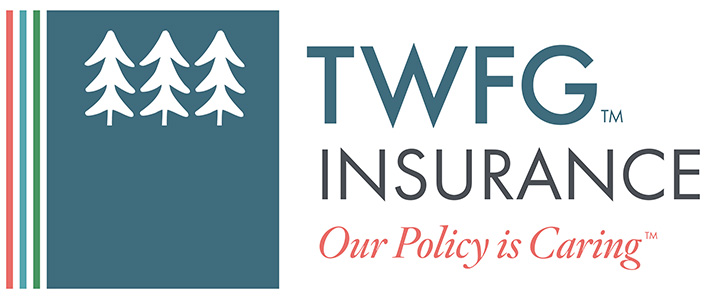
When to Repair or Replace Your Vehicle
If your car’s check engine light comes on or you hear a strange noise while driving, you may face a big question: Do you pay to repair the issue or buy a new car?
The answer will depend on a few different factors. For example, if your troubles mean your car is no longer safe to drive, you need to either get it repaired or replaced as soon as possible.
Let’s take a look at several other things you should consider before you make a decision.
How favorable is the market for vehicles?
New cars are expensive, particularly right now. In November 2022, the average price of a new car was $48,681 — a record high. But pricing in the used car market is decreasing: The average price of a used car has decreased by 3.3% since the same time last year.
What’s the cost of repairs?
Some repairs are relatively minor and a regular part of car maintenance, while others come with a hefty price tag. Get estimates from multiple auto shops to help you crunch the numbers. And If the repair cost exceeds your current car’s market value, consider buying a new one instead.
How long will the repairs last?
Some repair jobs can significantly extend the life of your current car. In other cases, you might find that one repair leads to another. If the visits to the mechanic keep piling up, you could save money in the long run by getting a new vehicle.
Are there other options?
You may find that replacing your current vehicle is your only option. If you are looking for lower monthly payments, leasing a car is one alternative to consider.
Whether you’re driving a brand-new or used vehicle, regular maintenance can help keep you out of the market for a new car for longer.
Contact us if you want to update your auto coverage or have questions about your policy.





